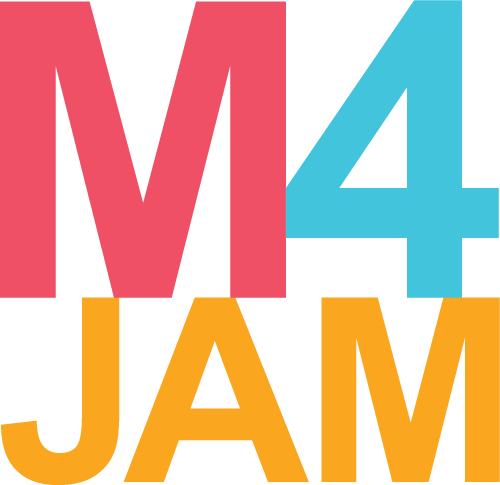Around the world gig work is coming to the fore by providing alternative earning opportunities during a time of extreme economic pressure. South Africa’s unemployment rate is at an all-time high, so could the rise of the Gig Economy be the answer South Africa is looking for?
Employment in the South African economy
In August 2021, Statistics SA released findings that South Africa’s unemployment rate had surged to an all-time high of 34.4%. This is an increase of 1.8% from the first quarter of 2021. According to Bloomberg, which monitors a global list of 82 countries, South Africa has now overtaken all other countries to have the highest unemployment rate.
This is catastrophic for South Africa, both socially and economically. Traditional employment is showing no signs of improvement. With more matriculants graduating outstripping the number of new job opportunities made available each year, the unemployment gap will inevitably continue to widen, year after year. An alternative earning solution outside the traditional formal employment paradigm could be the key to helping South Africa’s unemployed put food on the table.
Gig work as an alternative solution to traditional employment
Some call it freelancing; we call it a side hustle. The gig economy is best defined as a market based on fixed-term contracts paid for by a company, a third party or an online marketplace. Gig workers are, in essence, on-demand independent contractors, freelancers, online platform workers, etc, for these companies.
The Gig Economy has played an important role in providing work during the last two years of considerable economic and financial instability, exacerbated by the COVID-19 pandemic. Gig work is giving access to earning opportunities for the unemployed as well as people needing to make extra money on the side. It has also become the crucial connection between the informal and formal economies.
Where organisations like corporates require certain tasks to be completed but have no budgets for taking on full-time employees, those with the skills and time to do the work can be contracted in a win-win scenario through gig work.
We ran a gig work survey through our jobber platform in May 2021 and asked our jobbers a series of questions. The results of the “Gig Work is Here to Stay Survey” indicated the following:
- 96% of respondents believe that gig work has helped them financially
- 98% of respondents believe that gig work will address unemployment in SA
- 67% of respondents said that gig work was their main income
- 89% of respondents said that they would not have any income without gig work
- 72% of respondents said that since the pandemic began, the quantity of available gig work has increased
It is evident from the survey results that by creating increased gig work opportunities, gig platforms have the potential to revolutionise the South African working landscape, decrease the number of people living below the poverty line and contribute to the overall success of the economy.
Working towards a stronger, healthier South Africa
Financial stress plays a huge role in people’s mental health. With many South Africans living hand to mouth, paycheque to paycheque, the financial cost of living creates significant stress, a constant state of worry and a financial burden on our people.
The only way to improve South Africa’s employment crisis is for every person, whether in a personal or business capacity, to acknowledge their part in making a stronger and healthier country. Gig companies such as M4Jam need business clients to create more micro-tasks on their platform; they may not need gig platforms, but South Africa needs businesses to take on a more active role.
For us at M4Jam, gig work is about reducing poverty and increasing employment opportunities. Having a side hustle can help alleviate the financial stress of individuals. When that all adds up, the Gig Economy can also help improve the overall mental health of the population.
